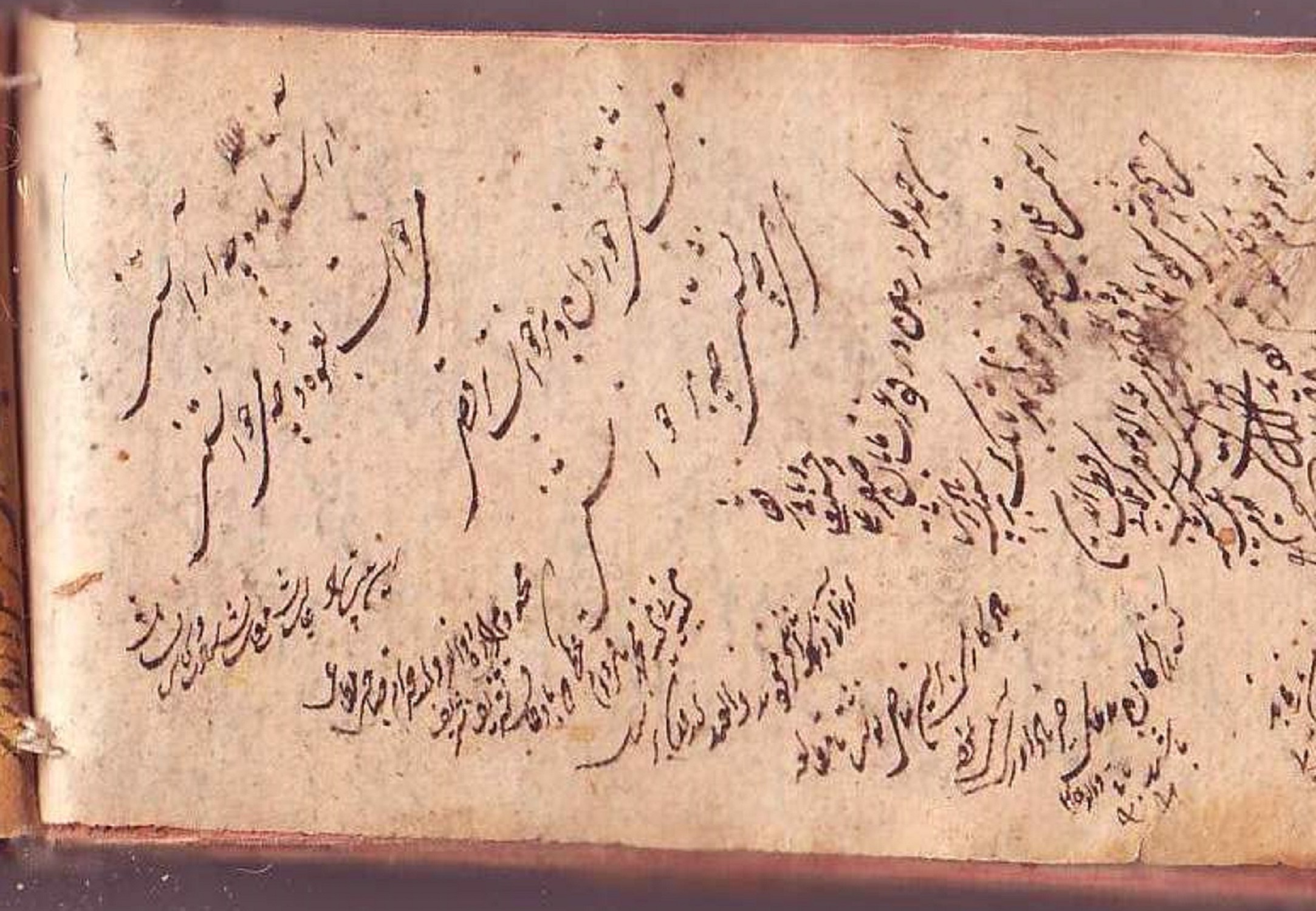
Interaction between Silk Road Communities: Ismaili Inscriptions and Manuscripts as Witness
Interaction between Silk Road Communities: Ismaili Inscriptions and Manuscripts as Witness
This talk presents some aspects of social interaction between different communities of the Silk Road in Iran, Afghanistan, Tajikistan and India. The findings presented in this talk are based on textual documents found among Ismaili communities of these regions or inscriptions on rock or gravestones related to the Ismaili Imams in central Iran around Anjudan and Mahallat. The inscriptions that will be shared in this presentation were almost unknown to contemporary Western scholars of Ismaili studies and were identified during recent field work that took place in 2018.
This talk is part of ‘The Silk Road: A Living History’ series of talks.
The speaker
Dr Karim Javan completed his BA and MA in Persian Literature from Ferdowsi University of Mashhad, Iran, in 1999 before pursuing a Graduate Program in Islamic Studies and Humanities at the IIS (GPISH, class of 2004). After GPISH, he completed an MPhil in Islamic and Middle Eastern Studies from University of Cambridge. After graduation, he worked as a translator for the IIS website, and taught Persian at the graduate programmes of IIS and AKU-ISMC (Aga Khan University–Institute for the study of Muslim Civilisations).
In 2014, Karim joined the Persian manuscripts cataloguing project at the Aga Khan Library and, in 2018, obtained his PhD on ‘Qiyama in Ismaili History: A Study on the Proclamation of Resurrection and its Historical Context’ from SOAS. He is currently working with the IIS-Ismaili Special Collections Unit (ISCU) where he is editing and translating a number of new Persian Ismaili texts from the Alamut period of Ismaili history.

